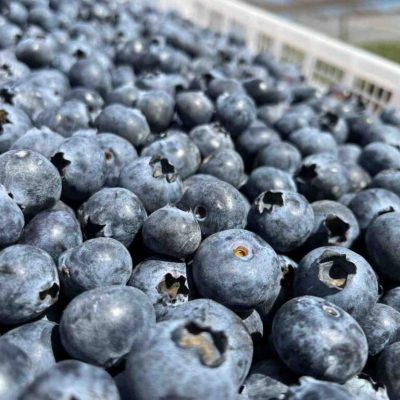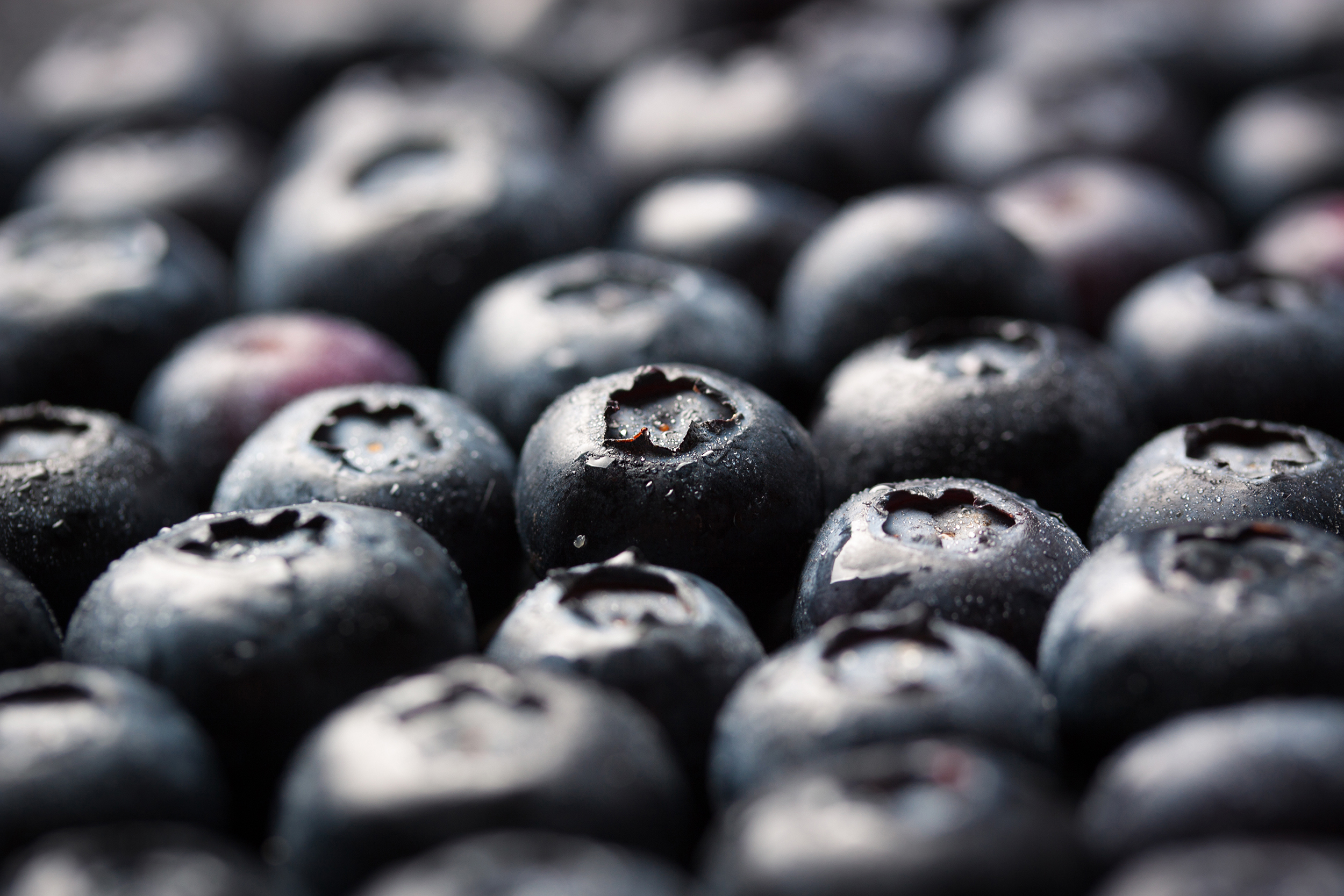North Carolina: blueberry growers approve assessment to fund research
Large, commercial blueberry growers have approved an April referendum on an assessment on their crops, but it should not affect pricing for consumers.
Nicole Sanchez, Jones County Cooperative Extension commercial horticulturist, said the blueberry assessment, if passed, would not likely have much of an impact on consumers.
“Weather and yield affect prices much more considerably,” Sanchez said in an email. “For instance, last year, a hurricane system hit close enough at the right time to shut down picking by blowing the ripe berries off the plants.”
Most referendums are tools to provide funds for research on new varieties and pest management, she said.
“As universities lose funding for research, these referendums help provide funds to answer questions about crop production,” Sanchez said. “For instance, in strawberries, referendum funding is used in part to support research on day-neutral strawberries that will produce at different times of the year than those we currently have, and to support research on frost protection protocols in the winter.
“Additionally, (N.C. State University) used to fund a full time research person just to work on strawberries, which is no longer the case. The blueberry situation is similar, though we still have blueberry research going on at Castle Hayne, N.C.”
There are about half a dozen blueberry growers in Craven and Jones counties, and about half of the growers will be affected by the referendum, Sanchez said.
The N.C. Board of Agriculture met by conference call last Wednesday and approved the referendum request from the N.C. Blueberry Council.
The Blueberry Council requested board approval to conduct a referendum among commercial blueberry growers in 12 counties. Growers voted to assess themselves to support research and education about blueberries.
The assessment rate would be 5.4 cents per 9 pounds of fresh blueberries sold and 2.7 cents per 9 pounds of blueberries for processing. The assessment would be in effect for crop years 2015 through 2020, according to a press release from the Blueberry Council.
The referendum covers Craven, Bladen, Brunswick, Columbus, Cumberland, Duplin, Jones, New Hanover, Onslow, Pender, Robeson and Sampson counties.
Any grower producing fewer than 10,000 pounds of blueberries that are sold locally is exempted from the assessment.
Julie Woodcock, executive director of the N.C. Blueberry Council, said the fees growers will pay are not passed on to consumers.
“Prices on blueberry are controlled by the market,” she said. “In previous years (an assessment) hasn’t been an issue. We are now investing a lot of money in research and financing our own blueberry plant breeder. The assessment, for the most part, will go directly to research and marketing and that’s good for the industry.”
In 2013, the value of the North Carolina blueberry crop was more than $70 million. Last year, the volume of the crop was up 25 percent to 44 million pounds, the highest in the southeast except for Georgia. But there was a lot of rain last year that affected the crop and reduced its value, Woodcock said.
The North Carolina blueberry market, with a season from about May 15 to the end of July, has grown very quickly, Woodcock said.
03/12/2015
www.newbernsj.com






